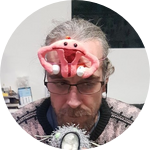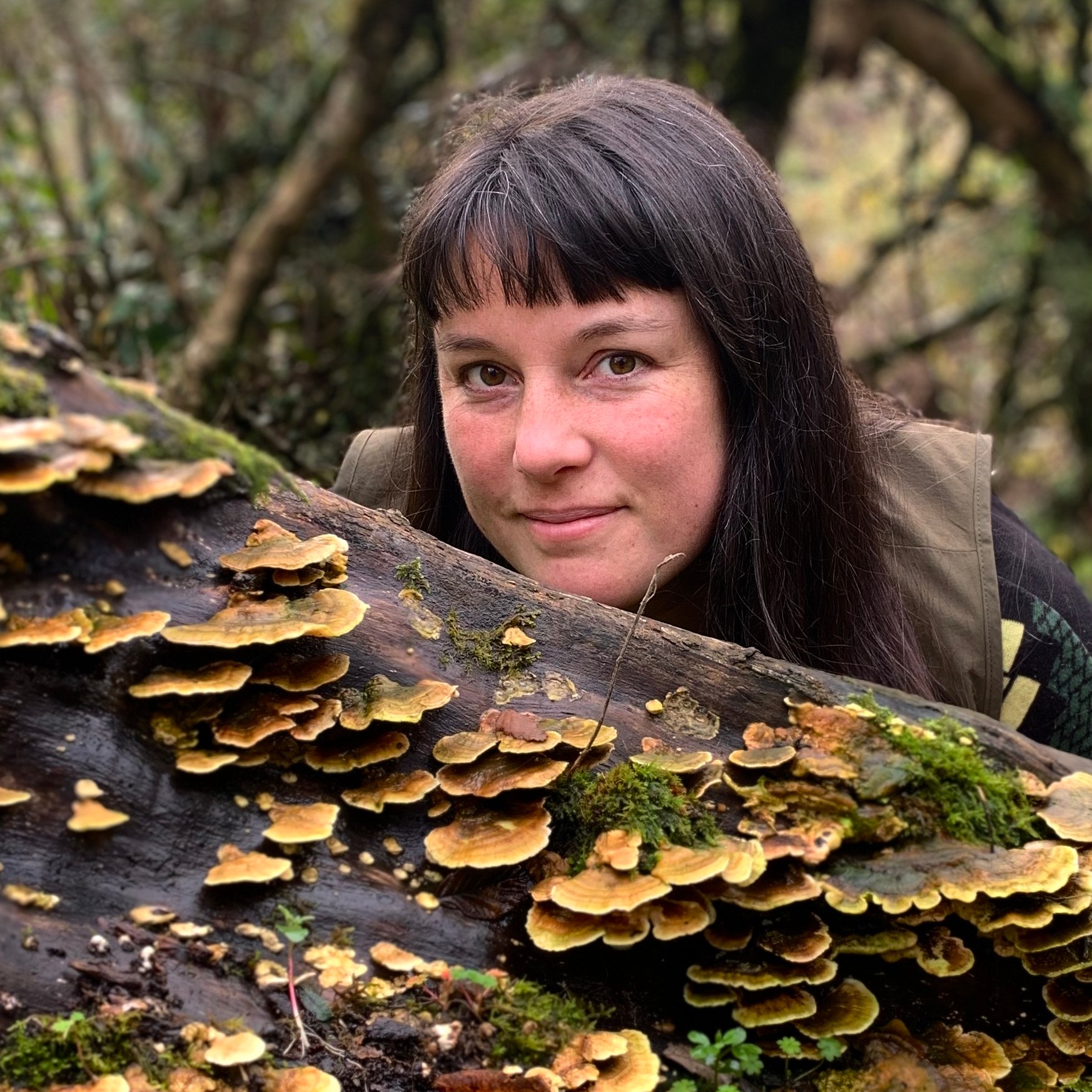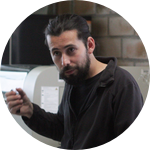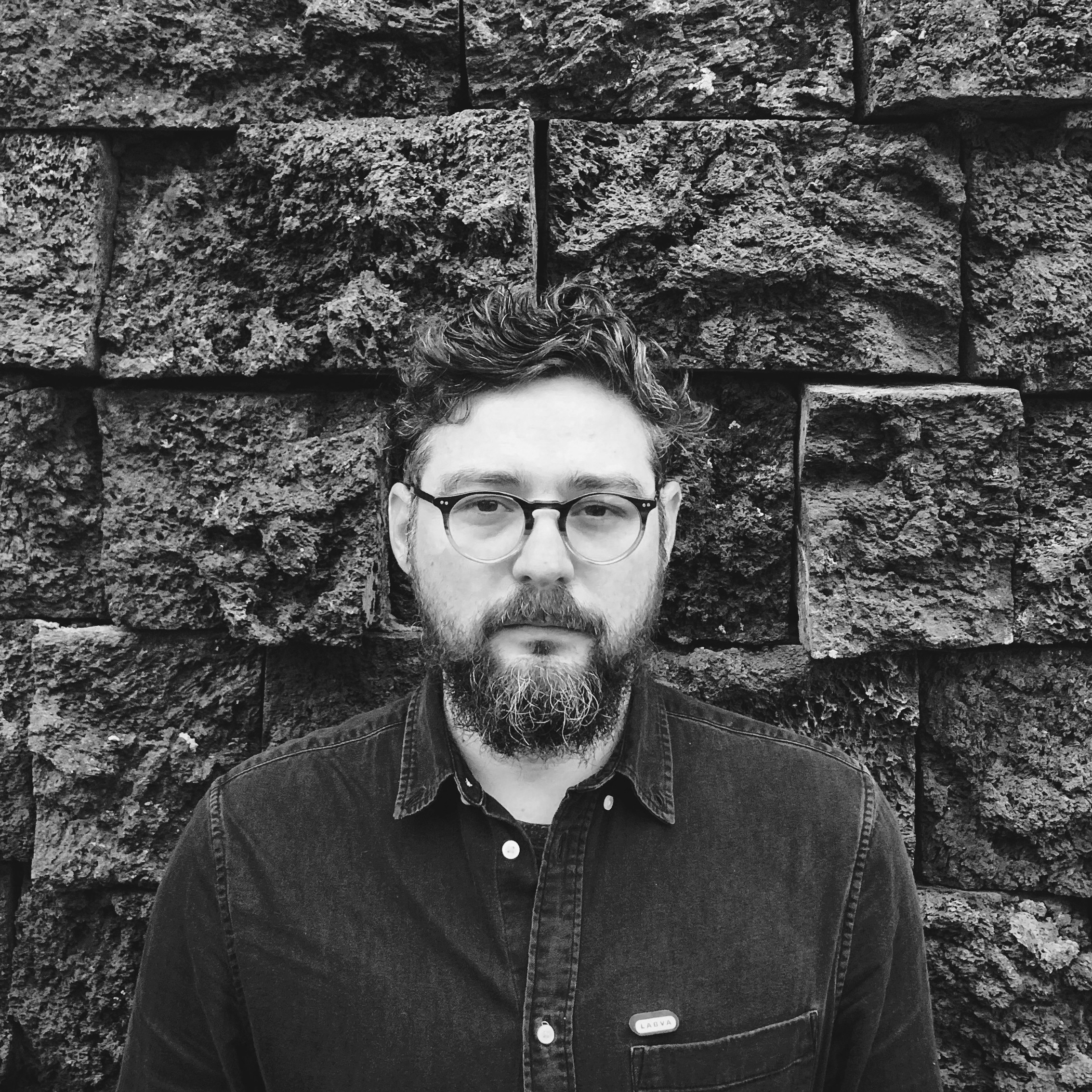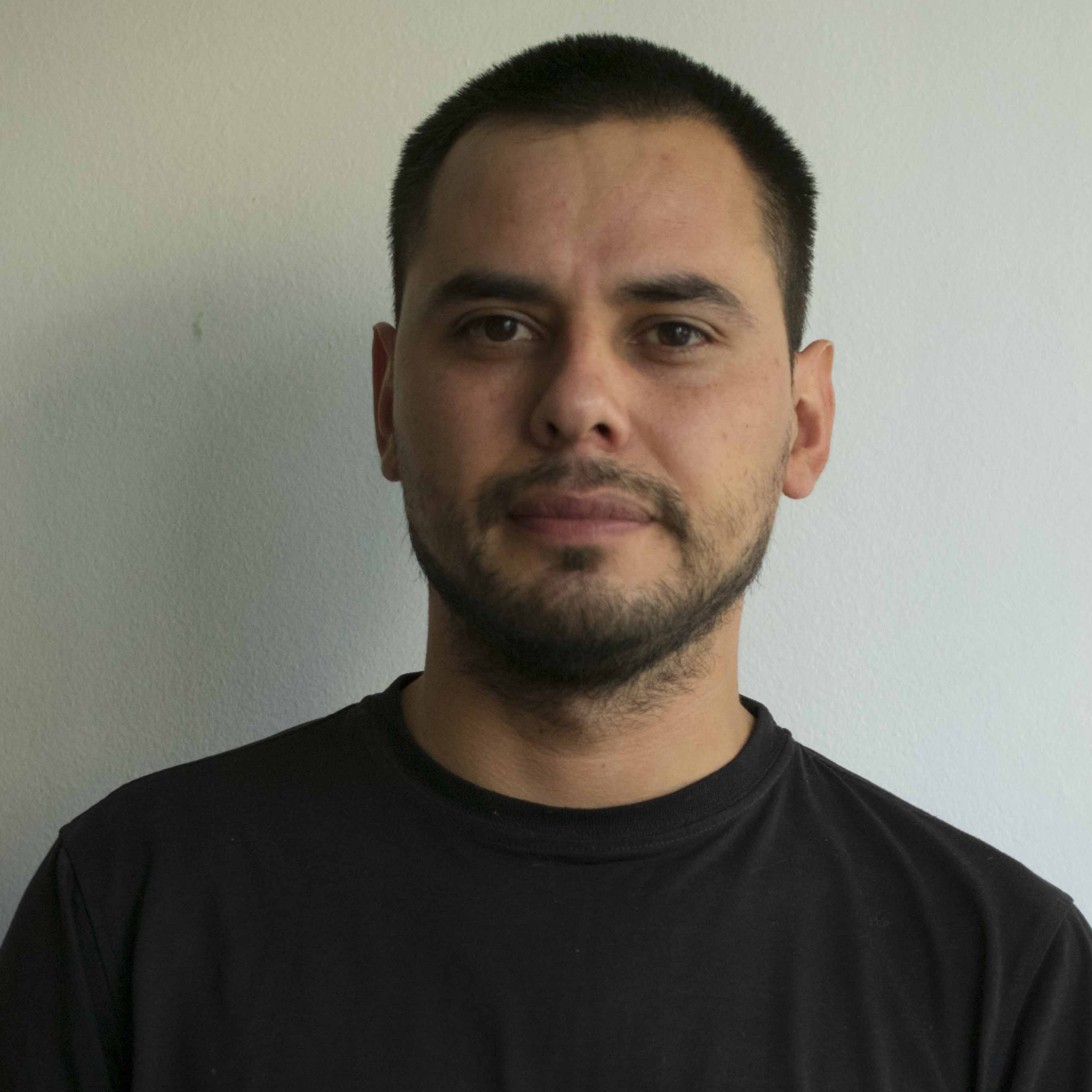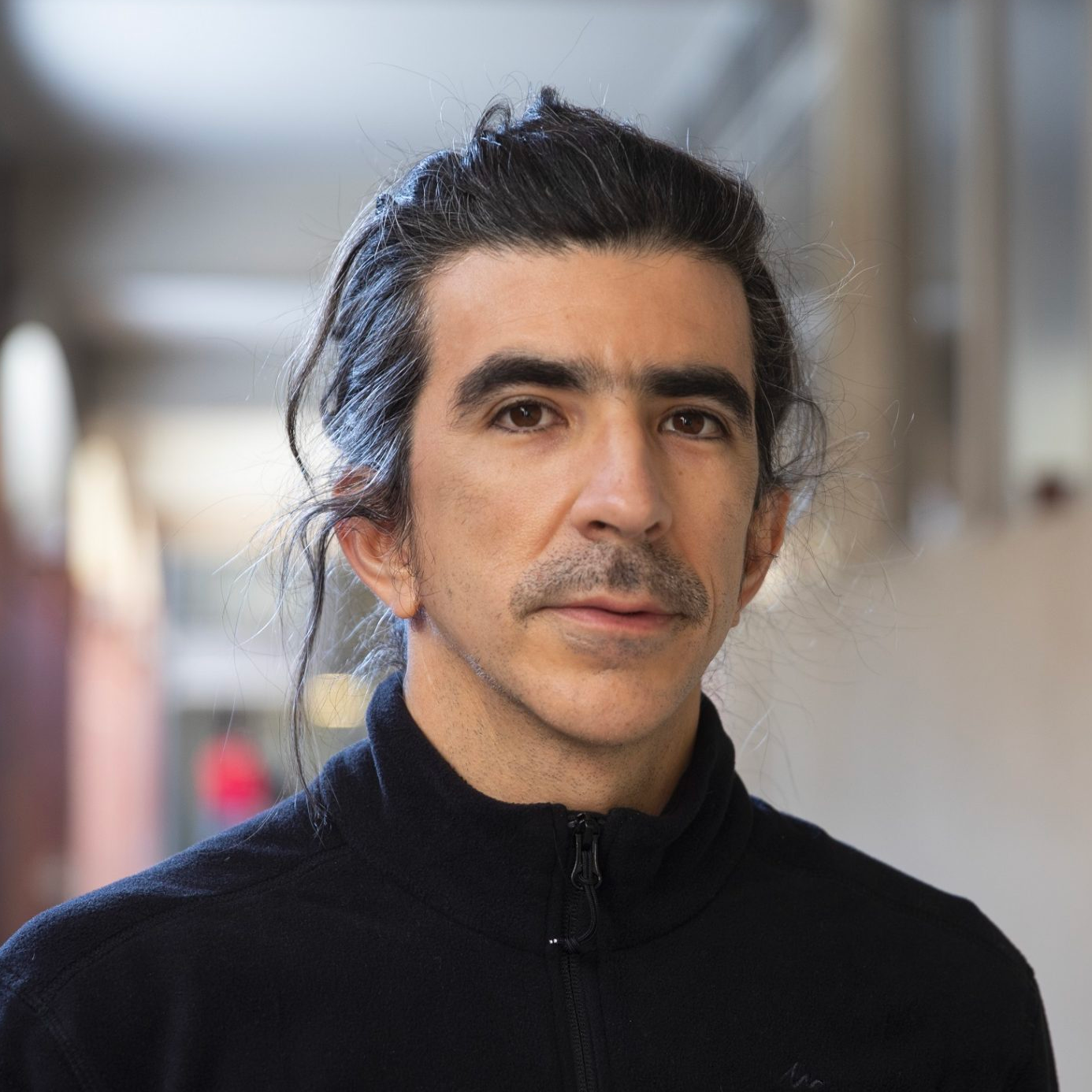About This Project
The use of Open Scientific Hardware and locally produced reagents would enable biomaterial-focused citizen laboratories to conduct research at low cost. Developing a technology ecosystem for fungi species identification via PCR/LAMP and microscopy would allow the collection and sharing of local species suitable for biofabrication. This seeks to establish the first open repository of local fungal strains.
Ask the Scientists
Join The DiscussionWhat is the context of this research?
We are a network of biofabricators working in open R&D with fungal mycelium to create materials that have the potential to replace petroleum- or animal-derived materials. Our focus has been to research native/local fungi from Tierra del Fuego, to address these challenges using local biodiversity, avoiding the use of introduced species that currently dominate biofabrication developments (edible or medicinal commercial species). This is becoming one of the major challenges in biofabrication, as access to local genetic material and its proper identification requires technology that independent and community laboratories cannot afford. Our goal is to consolidate the creation of an open collection of living fungi, using an open hardware ecosystem for their identification.
What is the significance of this project?
Consolidating an open hardware ecosystem and locally produced reagents (e.g. enzymes and buffers) for fungi identification would enable biofabricators, hobbyists, and local mycologists to identify species suitable for biofabrication. Why Tierra del Fuego? Karukinka Park is a biodiversity hotspot for fungi which still harbors sectors of ancient forests. Working with fungi from extreme territories allows us to screen for new species and consolidate a shared collection of new fungi species. The use of locally-collected species also allows users avoid complicated material transfer agreements. We expect this open collection to promote distributed, open, and sustainable local biofabrication.
What are the goals of the project?
The collection and identification of fungi suitable for biofabrication, with on-site DNA extraction and species identification through open hardware.
The creation of open access protocols and repositories for open hardware and reagents used for LAMP, PCR, centrifugation and microscopy.
Another goal is the processing of information to make it available to non-specialized audiences and the establishment of an open culture collection at the Biomaterials Laboratory of Valdivia, enabling access to local strains for open biofabrication, thereby avoiding introduced comercial strains.
Budget
The budget will allow:
Firstly, travel to Tierra del Fuego, particularly to Karukinka Park. This trip incurs costs from Santiago to Punta Arenas. From there, we will travel by car to the interior of Tierra del Fuego. The journey will include the research team, as well as provisions for food and accommodation.
Secondly, the budget will enable the acquisition of laboratory supplies, such as primers, necessary for on-site DNA extraction from wood-decaying fungi for subsequent sequencing. While we have scientific equipment available, we need to design the DNA extraction protocol for fieldwork using low cost hardware equipment to test the overall ecosystem.
Thirdly, it is necessary to compile this information using a methodology that enables the reproducibility of the protocol. Therefore, it is pertinent to present these ideas in a scientific article and in a popular science magazine for the public.
Finally, we will have isolated strains that will be available to local biofabricators.
Endorsed by
 Project Timeline
Project Timeline
The project is divided into five stages, which are described below: 1) Travel of the research team to Tierra del Fuego and Karukinka Park, 2) Field sample collection and species identification using open scientific tools, 3) Species sequencing and identification of collected samples, 4) Protocol development and 5) Presentation of results.
Jun 07, 2024
Project Launched
Dec 15, 2024
1) Trip to Punta Arenas, Tierra del Fuego (Travel Log)
Dec 16, 2024
2) Species sampling: species identification of wood-decomposing fungi using open scientific hardware.
Jan 15, 2025
3) Sequencing of species and identification: List of species and characteristics
Apr 30, 2025
4) Development of an open protocol for species sampling and dna extraction in extreme territories.
Meet the Team
Team Bio
We are an interdisciplinary team that has been working on biomaterials and open hardware for over 6 years. We are passionate about open access to knowledge and scientific outreach, developing projects for both academia and schools or communities in need.
Fernan Federici _ biologist / open hardware
Sebastian Rodríguez _ designer / biofabricator
Alejandro Weiss _ architect / biofabricator
Cristian Riquelme _ biologist / micology
María José Besoain _ architect / biofabricator
María José Besoain
Maria José was born in Santiago, Chile. She is an architect with a Master's degree in Landscape Architecture from the Pontifical Catholic University of Chile, and she completed postgraduate studies in Spatial Analysis (GIS) at the University of Chile. Currently residing in Valdivia, located in the south of Chile, Maria José founded (2017) and co-directs the Valdivia's Biomaterials Laboratory (LABVA), an autonomous, self-managed, and community-driven laboratory focused on researching, experimenting, and prototyping biomaterials. In 2022, she established "Biopolimérica”, the Latin American Meeting on Biodesign and Biomaterials.
Over the past seven years, through LABVA, Maria José has dedicated herself to biodesign, specifically focusing on developing new materialities, understanding interspecies co-creation, and questioning material culture through biofabrication. Her primary interest lies in creating native and endemic biomaterials to promote autonomy and sovereignty over our territories. She believes that biomaterials serve as an agency tool to combat colonialism and to reconstruct our natural and cultural heritage. Whatever she finds, she ferments.
Cristian Riquelme
Cristian was born in Bulnes, originally from San Nicolás, and studied Biology at the University of Concepción. Currently, he lives in Valdivia, where he is pursuing his doctoral degree in Ecology and Evolution at the Austral University of Chile. His interests lie in the taxonomy and systematics of Agaricomycetes. He shares his knowledge and passion for taxonomy through community talks presented at various mushroom festivals in Chile. He organizes field trips for mushroom identification in the autumn.
Alejandro Weiss
Alejandro was born in Santiago, Chile. He is an architect and holds a Master's degree in Urban Design, with postgraduate studies in Innovation and Creativity through Design from the Pontifical Catholic University of Chile. Currently residing in Valdivia, he works as a biodesigner, focusing his practice on designing and implementing material systems using local biomass. Alejandro is the co-founder and Director of LABVA (Valdivia's Biomaterials Laboratory)
sebastian rodriguez
Sebastian Rodriguez was born in Santiago, Chile. He is an Industrial Designer and a candidate for a Master's degree in Media Arts at the University of Chile. He co-directs the Biofabrication Laboratory at the Pontifical Catholic University of Chile. His professional interests lie in open-source initiatives, experimentation, and the development of new materials called biomaterials, interdisciplinary work, and the development of new sustainable and ecological technologies for the community. He has led research projects related to the development of biomaterials funded by the Ministry of Culture of Chile, and has also been invited to participate in various exhibitions. Currently, he works as an adjunct instructor in the schools of design and architecture at the Pontifical Catholic University of Chile.
Fernan Federici
Fernan works at PUC (Chile) and iBio Millennium Institute. His group promotes open technologies for research and education in biology. His group is part of the GOSH, reGOSH, ReClone, OpenPlant, JOGL-OpenCovid Initiative and TECNOx open technology communities. He also serves at the UNESCO IBSP board and PLoS board of directors, working on policies and strategies for the adoption of Open Science worldwide.
Project Backers
- 7Backers
- 102%Funded
- $9,926Total Donations
- $1,418.00Average Donation
